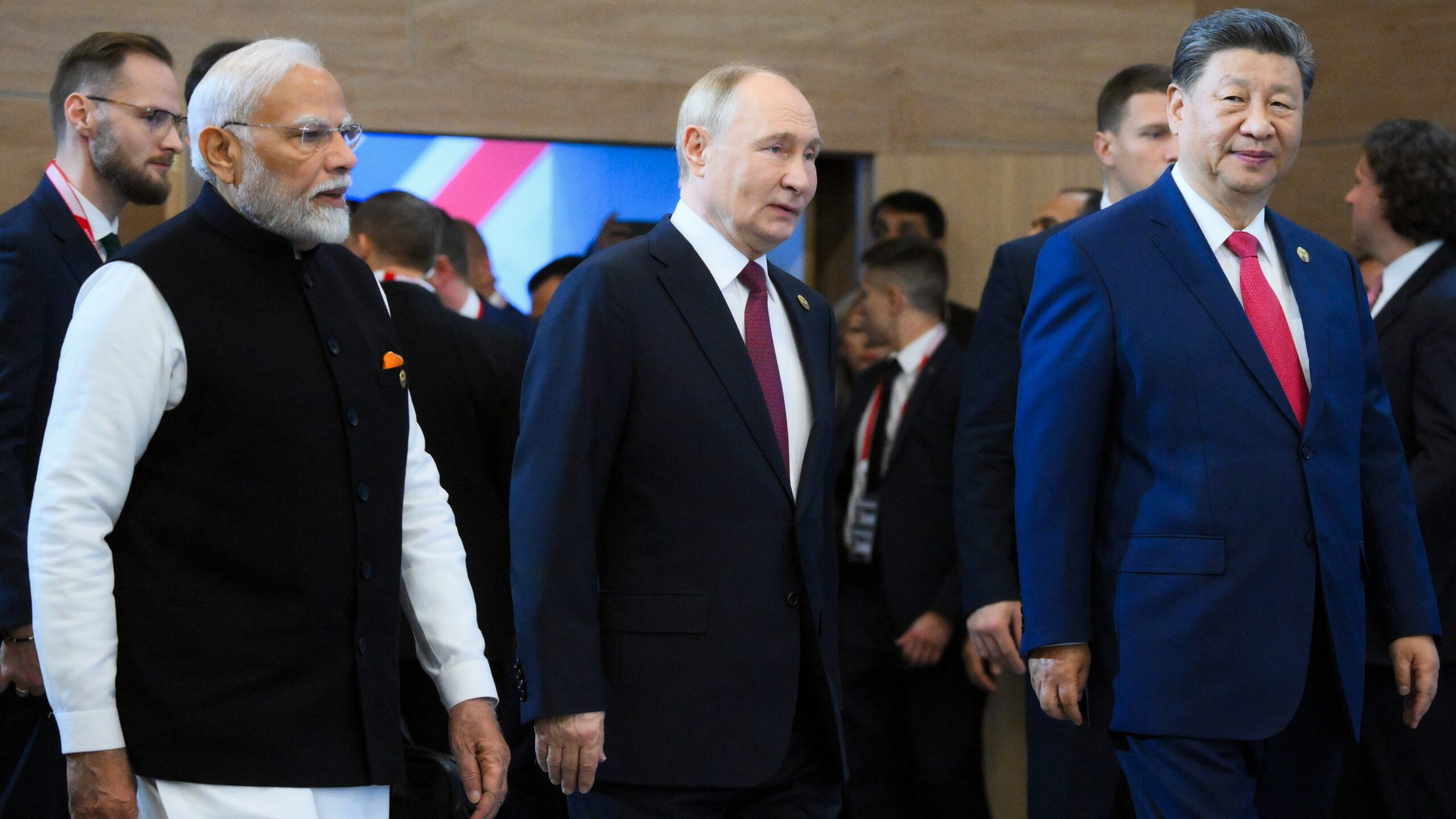Oil as the Foundation of a New Strategic Alliance
Energy trade has become the cornerstone of cooperation between Russia, China, and India in 2025. As Western sanctions continue to restrict Moscow’s access to global markets, the Kremlin has increasingly turned eastward, finding eager partners in the two largest nations in Asia. China, already the world’s biggest oil importer, has dramatically increased its purchases of Russian crude, while India has redirected much of its energy sourcing toward Moscow to secure cheaper supplies. According to the International Energy Agency, the structure of global energy flows has shifted substantially, with Russia now relying on Asia for the bulk of its oil and gas exports. This adjustment has given Moscow financial breathing room and enabled it to maintain budget revenues despite being excluded from traditional Western markets. For Beijing and New Delhi, the move represents more than just an economic opportunity—it is also a chance to reinforce their independence in energy policy, diversify supply, and negotiate from a position of strength in an increasingly fragmented global economy.
US Sanctions and Tariffs Fuel Closer Ties
The United States remains the common denominator pushing these nations closer together. Washington’s sanctions on Russia, combined with punitive tariffs on trade partners, have reshaped the dynamics of international energy markets. India has faced some of the highest duties imposed by the US for purchasing Russian oil, sparking tensions between New Delhi and Washington. Similarly, China has found itself negotiating to avoid additional penalties on its crude imports. Instead of backing down, both countries have strengthened their cooperation with Moscow, signaling a willingness to prioritize economic security over political alignment with the West. This has further undermined the ability of sanctions to isolate Russia, as discounted oil continues to flow steadily toward Asia. For India, discounted Russian crude has been particularly attractive given its heavy reliance on foreign oil supplies. Cheaper imports ease pressure on its budget and help lower consumer energy costs, boosting both economic growth and political stability. China, on the other hand, has sought to ensure that its vast industrial machine continues to run without interruption, making energy diversification a top priority. The Council on Foreign Relations notes that this pattern is emblematic of how energy geopolitics is reshaping the global balance of power, with the East consolidating energy ties as the West attempts to enforce economic penalties.
Global Shifts in Energy and Geopolitics
The growing alignment between Russia, China, and India is more than a regional development—it represents a fundamental reordering of energy and geopolitical structures. Russia has offered significant discounts to India and continues to negotiate preferential terms with China, ensuring its crude remains competitive despite global market volatility. For India, buying Russian oil not only provides affordable energy but also strengthens Prime Minister Modi’s position domestically, showcasing his ability to secure favorable deals for the nation. China, meanwhile, has used platforms such as the Shanghai Cooperation Organisation to frame its partnership with Russia and India as part of a broader multipolar world order. The growing cooperation has also been reinforced through agreements between Russian and Chinese gas corporations, aiming to expand supplies to Asia. This trilateral alignment directly challenges the dominance of Western economies and their ability to dictate the terms of global trade. Furthermore, the World Bank warns that such realignments could reshape the structure of commodity markets for decades, forcing Europe and North America to reconsider their long-term energy strategies. With oil and gas revenue funding nearly a quarter of Moscow’s budget, the stakes are enormous not only for Russia’s future but also for the trajectory of global trade.



